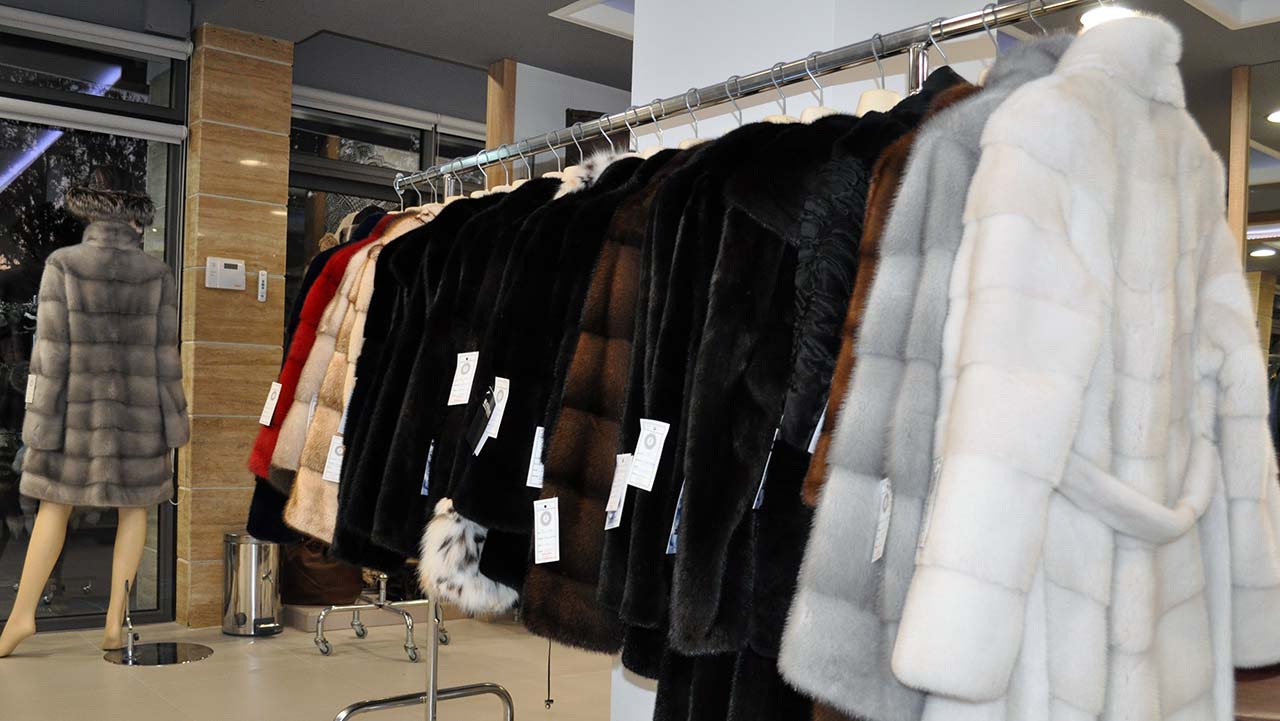Professional storage of your fur during the summer is imperative to protect it from potential hazards such as insects, heat damage, oxidation and mold. Specially designed storage spaces offer guaranteed protection for your precious fur, maintaining its unique properties. Proper ventilation, temperatures below 50 degrees Fahrenheit and 50% humidity make for an ideal environment. However, the furrier's contribution to fur does not end there. The fur will be carefully examined in order to check its condition and identify any necessary repairs. The air conditioning process is equally important for the fur, the elimination of dirt and harmful pollutants. The skin is then rejuvenated by restoring its essential oils, without any change in color, shape or size. Once the preparation is complete, the fur is shiny, and the color shines are restored, ensuring a very soft and shiny result.
If you follow the following maintenance tips with minimal care your fur will remain in perfect condition for a long time:
Seven useful tips
Storage
Taking care of your fur during the summer is important. Do not choose a common laundry to store your fur. Outsourcing to a specialist is the safest. Only a specialist can offer a truly secure storage environment under tightly controlled conditions. Never use plastic bags to store fur. The plastic does not allow air circulation and can dehydrate the skin. Choose special fabric bags that your furrier can provide.
Cleaning
To clean your fur once a year, be sure to use a special dryer and never a regular dryer. Do not attempt to clean your fur yourself. Do not try to put moth coatings on your fur. Under no circumstances can you do the work of a professional.
Lighting conditions
Check the lighting in the area where you will leave the fur. Excessive lighting can cause oxidation or discoloration.
Hanging
Create enough space in the closet for your fur so that the garment is not crushed by the rest of the clothes. Use durable high shoulder hangers and never wire hangers.
Moisture
In case your fur gets wet, shake it vigorously and hang it in a well-ventilated place until it dries. Keep your fur away from radiators or other direct sources of heat. After drying, shake again. Under no circumstances should you brush the fur. In severe cases where the fur is quite wet, consult a specialist.
Chemicalls
Avoid any contact of your fur with perfumes or hair sprays.
Physical Damage
Do not neglect the immediate repair of minor damage (tears, etc.), as this will help prevent more costly repair work in the future. Never put pins or other jewelry on your fur and avoid using a shoulder bag when wearing your fur.

